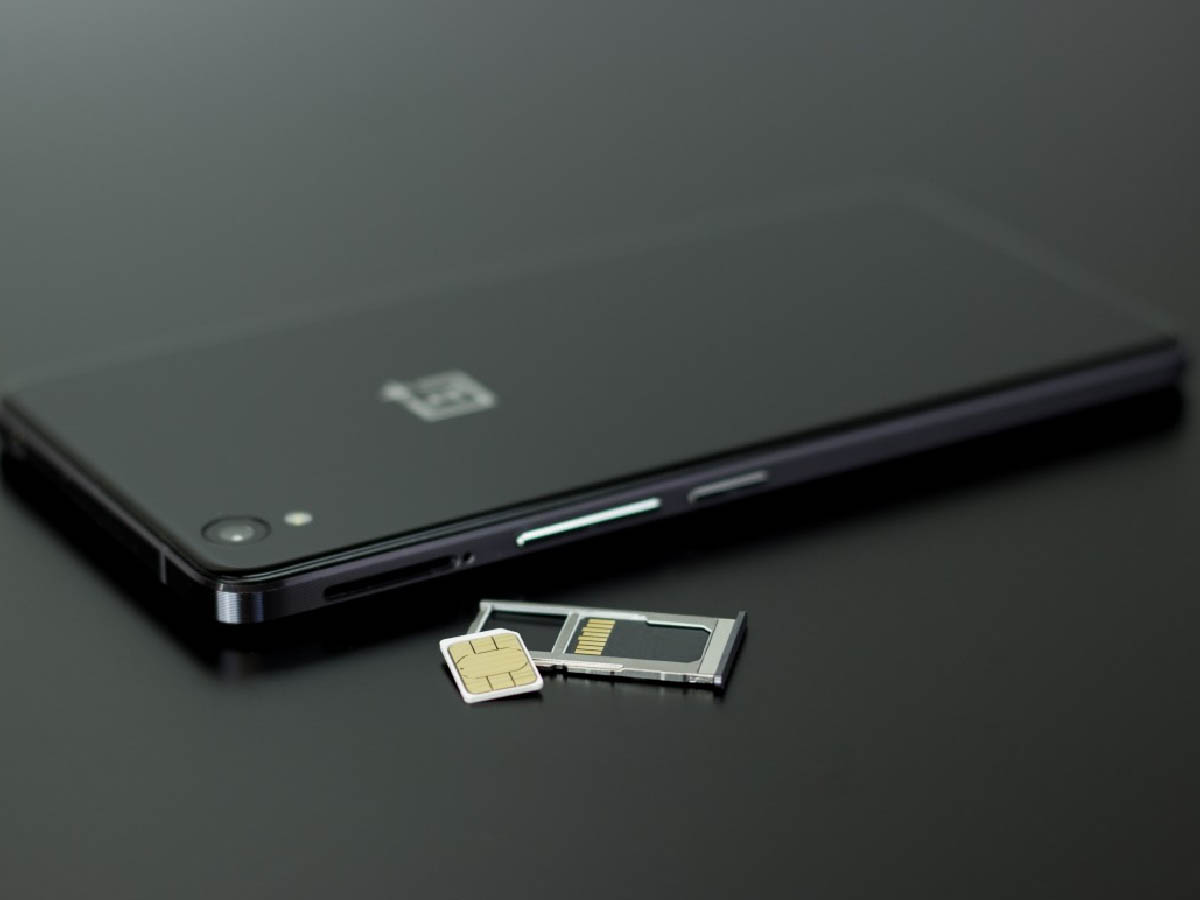
New Delhi: More than 14 billion eSIM devices are likely to be shipped between 2021 and 2030, covering all form factors, a new report has shown.
Smartphones will lead the charge in terms of eSIM-capable device shipments over the next five years.
There are several form factors such as hardware-based eSIM (eUICC), iSIM (iUICC), nuSIM and Soft SIM.
Almost three in four cellular devices shipped in 2030 will sport an eSIM, according to Counterpoint Research.
In 2021, more than 350 million hardware eSIM-capable devices were shipped across a host of categories such as smartphones, smartwatches, tablets, IoT modules and connected cars.
In the next five years, hardware-based eSIM (eUICC) will remain the dominant eSIM form factor and will account for more than half of the shipments.
“In 2022, we will witness the onset of iSIM (iUICC) form factor, which is a SIM integrated into the chipset (SoC) and offers a multitude of benefits,” said the report.
eSIM uptake is poised to grow across a gamut of connected devices over the next decade, thanks to the flexibility, cost efficiency, security and other myriad benefits offered by the embedded technology.
“The iSIM (iUICC) form factor will grow the fastest as the industry stakeholders move forward together to offer end-to-end support from the SIM enablement and management perspective later this year,” said Research Vice President Neil Shah.
The first set of mainstream iSIM adoption will be seen across IoT applications driven by leading IoT chipset and module players.
Beyond 2027, iSIM is projected to take over as the dominant SIM form factor, with the shipments of iSIM-capable devices poised to scale to 7 billion units between 2021 and 2030, the report noted.
“The anticipated launch of eSIM-only iPhone should act as an inflection point for the industry with other OEMs expected to follow suit soon after,” said research analyst Ankit Malhotra.



